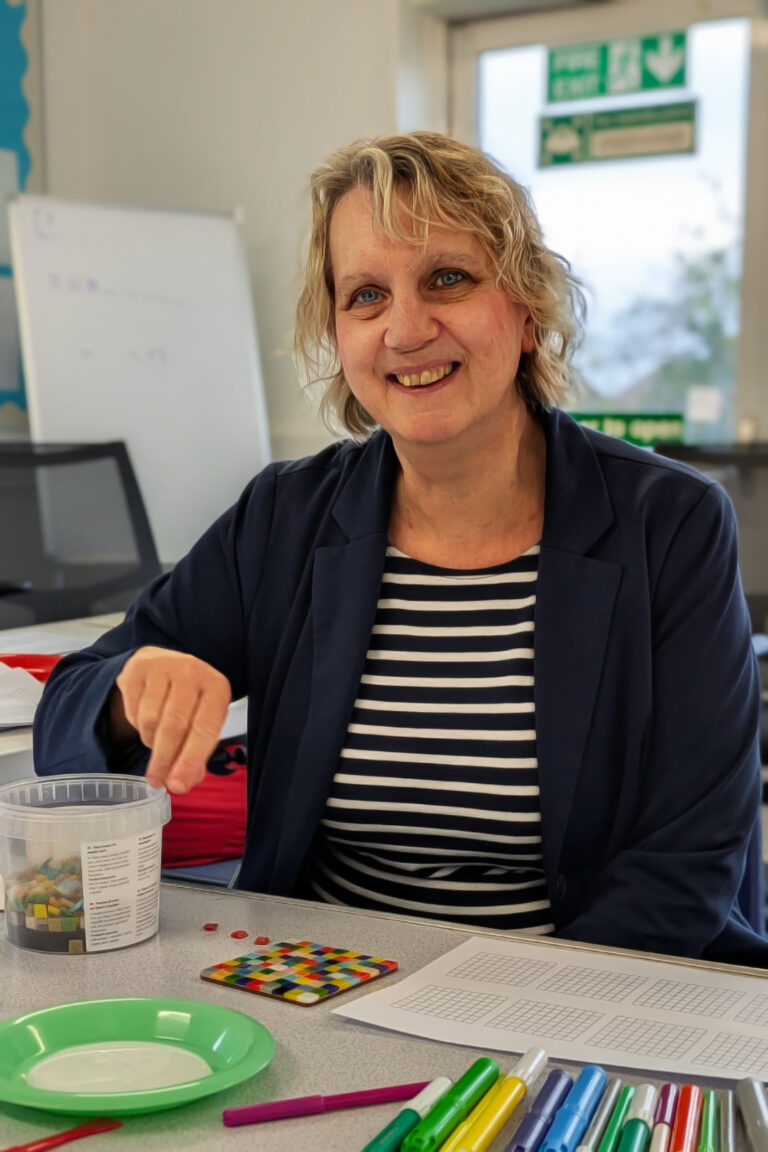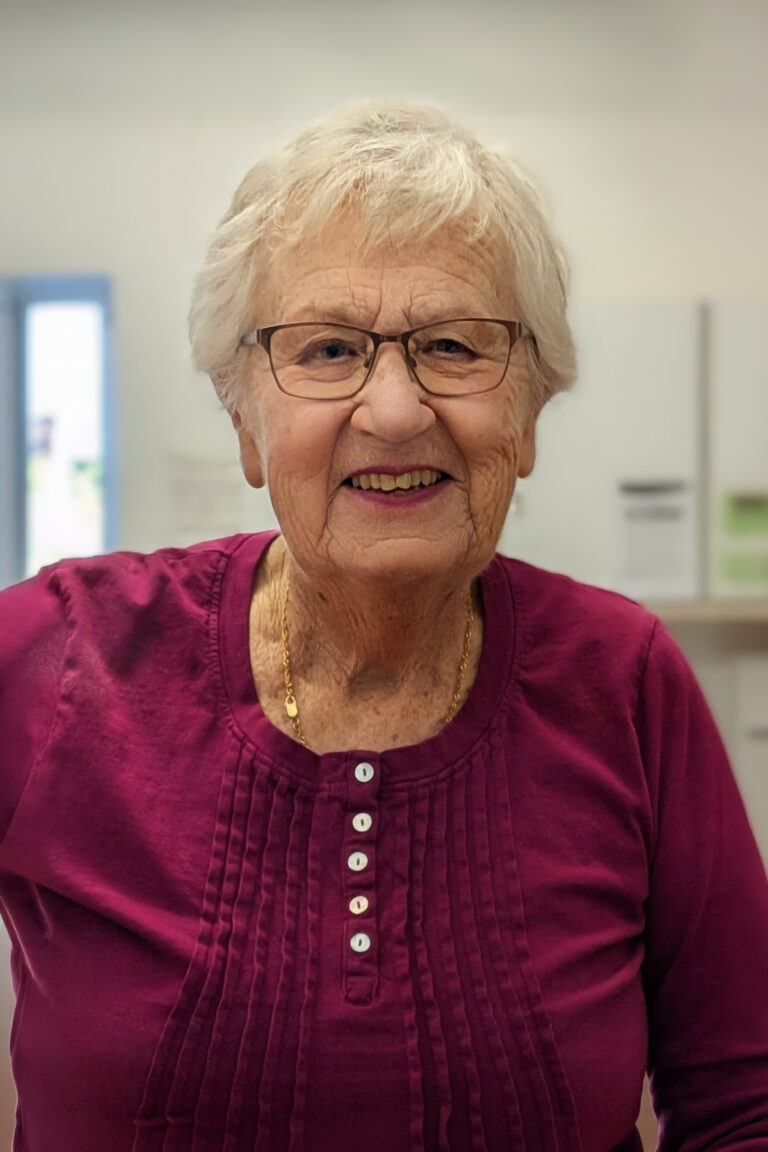I never imagined I’d end up volunteering in a role like this. But then again, I didn’t imagine retiring either — not in the “feet up and do nothing” kind of way. I’d spent my professional life working with people, always on the go, so when I began winding down toward retirement, I knew I needed something meaningful to keep me connected. Something that used the skills I already had but in a different way.
It all started when I went to a coroner’s court to support a colleague who was giving evidence. I was there for moral support, sitting quietly, watching. But what really struck me wasn’t just the formality of the court or the emotional weight of the day — it was the quiet presence of a few volunteers, calmly greeting people, offering tissues, just being there. Not intrusive. Just kind. I picked up a leaflet from a table near the entrance. I didn’t know it at the time, but that small moment would shape the next six years of my life.
Back home, I dug out the leaflet again and looked up the Coroners’ Court Support Service (CCSS). The more I read, the more I realised it was a good fit. It felt like something I could do — not because it was easy, but because it was necessary. The CCSS is a national charity that provides trained volunteers to offer free, confidential emotional and practical support to bereaved families, witnesses, and others attending inquests across parts of England. Sometimes that support is just being a calm presence. Other times, it’s helping someone through one of the hardest days of their life.
I applied. I was accepted. And I started my training.
That was six years ago, with a pause during COVID and another break for major surgery. I used to occasionally help at Northampton’s coroner’s court too, but now I’m permanently based at Milton Keynes.
The role itself hasn’t really changed — but I have. I find the work deeply rewarding. Most people who walk through those court doors are going through something awful. They’re grieving. They’re nervous. They might be witnesses, family members, or even professionals giving evidence. Even those who seem self-contained usually express their thanks by the end — often with more warmth than you’d expect. The gratitude is humbling.
For me personally, volunteering with the CCSS gives me a strong sense of purpose. A sense that I’m still contributing to society in a meaningful way. It’s not glamorous, and it’s definitely not for everyone — but it matters. When you’re dealing with death, grief, and sometimes trauma, just being steady and non-judgemental can make a huge difference.
One moment I’ll never forget was with a Muslim lady whose relative had died by suicide. We’d exchanged a few quiet words, nothing dramatic. I didn’t feel I’d done much, just sat with her, showed kindness. At the end, she hugged me. She thanked me for not judging her or her loved one. That moment really stayed with me. It reminded me that support isn’t always about saying the right thing — it’s about being a steady, kind presence.
Some of the more difficult moments have involved witnessing extreme grief. Occasionally, a relative becomes hysterical, and all we can do is sit close, stay calm, and make sure they’re safe until they can get through the wave. Other times, it’s anger — especially in cases involving perceived injustice. We don’t try to fix it. We just give them space, respect, and a bit of humanity. That’s our job. That’s the role.
Family dynamics can be… let’s say “complex.” It’s not uncommon for estranged relatives to attend the same inquest. Luckily, we usually have two volunteers on duty, so we can tactfully separate them, giving each side the support they need without making a difficult situation worse.
Over time, I’ve learned so much — particularly about mental health and the prison system. Coming from an NHS background, I already felt a deep empathy for medical witnesses. Many of them arrive with a heavy burden: having done everything they could in their professional roles, but still ending up at an inquest because something went tragically wrong. I feel a real affinity with them.
Volunteering hasn’t really changed my relationships with friends or family — though I’ve met some incredible people through this work. We have a great team at Milton Keynes, and the coronial staff are fantastic. The thanks we receive — from families, from court staff, even from the coroners themselves — means a great deal. Sometimes, it’s just a simple “thank you,” but it carries weight.
I’ve also had to teach myself to slow down. My life before was a blur of deadlines and pressure. Volunteering has encouraged me to be more grounded — to listen more, rush less.
I do worry, though. The charity is under pressure financially, and I fear that if funding doesn’t improve, the CCSS could face closure. That would be such a loss. The woman who co-founded the service is now in her 90s and still working tirelessly. She’s an inspiration, and her dedication keeps many of us going.
As long as I’m fit and able, I’ll keep volunteering in this role. It’s not always easy, but it’s always worthwhile.
If you’re thinking of volunteering after retirement — or at any stage in life — I’d say: really think about what you’re good at. Be honest with yourself. What gives you a sense of purpose? Then look at all the roles out there, and commit to something that feels right. It won’t always be easy, but if you find the right fit, you’ll gain just as much as you give. Maybe more.

